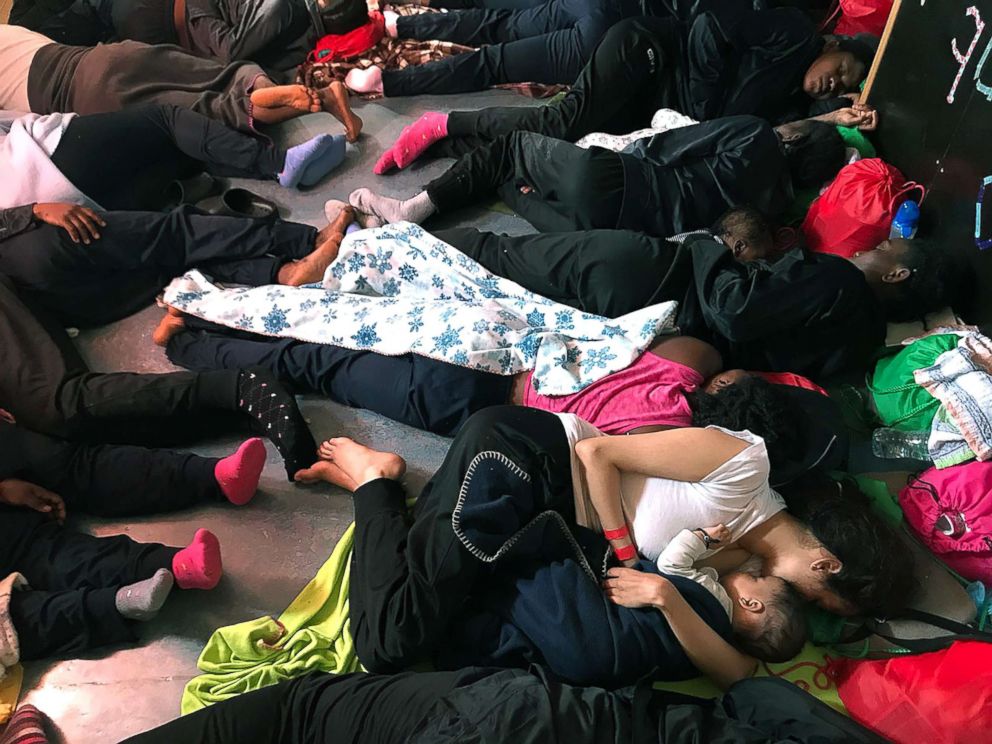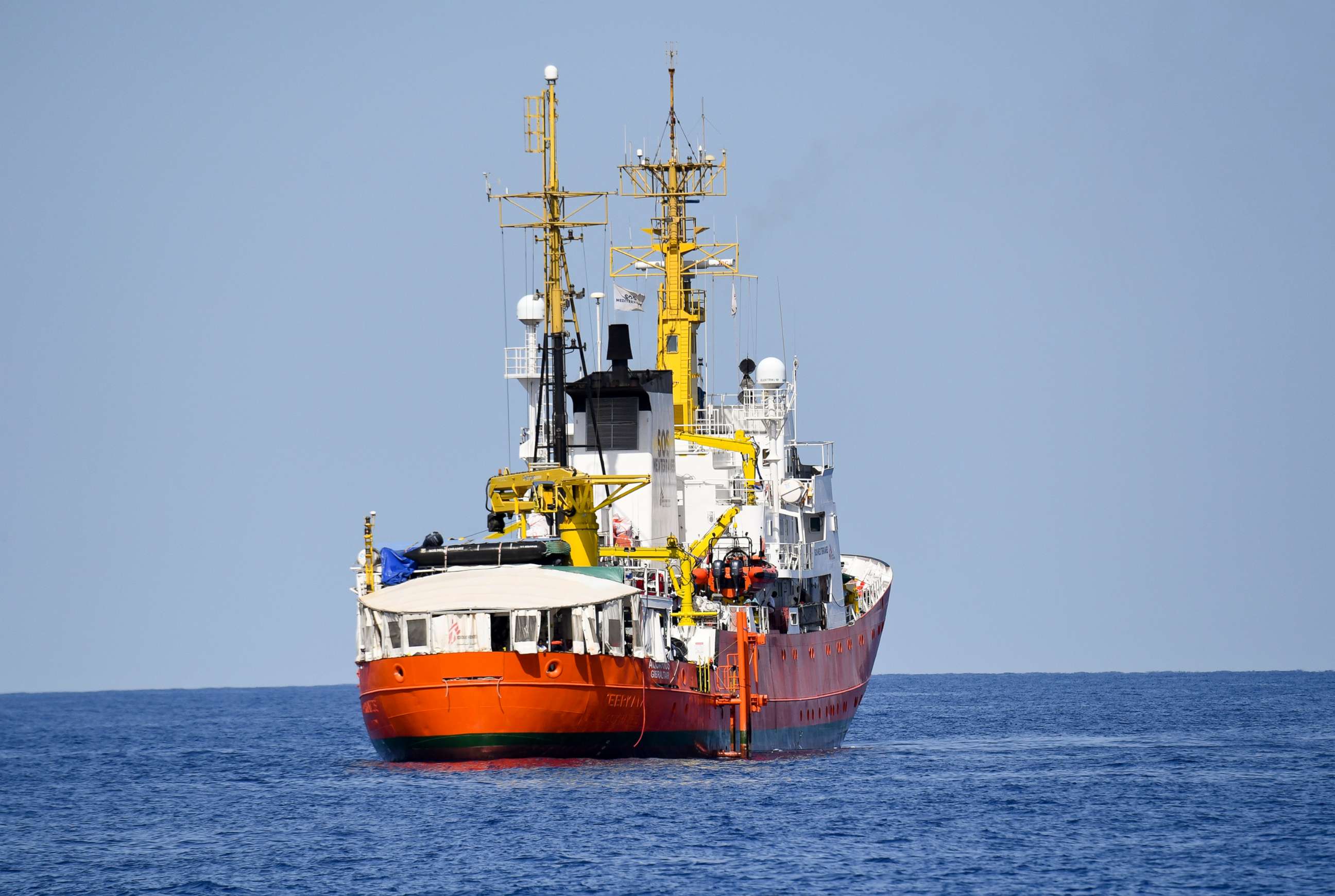'Aquarius' ship carrying hundreds of migrants set to arrive in Spain after international controversy
MADRID -- For 629 migrants on board a ship in the Mediterranean Sea, this weekend could mark the end of an international controversy over their final destination.
On Saturday, Spain plans to welcome the Aquarius ship, which has been making an 800-mile humanitarian journey with international supervision due to safety concerns.
The ship's final destination was confirmed after Italy, Malta and France stopped fighting and procrastinating over where the ship should be allowed to dock.

On Sunday, Italy's new anti-migrant interior minister, Matteo Salvini, blocked the ship from docking in Sicily, saying Italy had already taken in enough migrants -- 640,000 over the last five years.
But then, after Malta said "no," Spain unexpectedly said "yes."
"It was our duty to accept these migrants," Idoia Oneba of the Spanish Commission for Refugees (CEAR) told ABC News. "We hope they will arrive safe - as the boat was overcrowded and the journey is exhausting."
There are 11 children and seven pregnant women on board, according to the Spanish Red Cross.

When they arrive in Valencia, Spain, the Red Cross will welcome them with psychological support, medical care and humanitarian aid.
The UN refugee agency in Madrid confirmed that the crew and passengers should reach Valencia on Saturday evening if the weather conditions are good.
For Aquarius passengers, arriving in Spain was not their first choice. They chose the Libyan route because the border between Morocco and Spain is harder to cross with a higher risk to be deported.
"Most of the passengers are Moroccan and Algerians," the UN refugee agency told ABC News.
Spain welcoming the ship was unexpected, but like Italy, the country just swore in a new government.
"What Spain has done is undertake what you could see as a symbolic act," the country's new foreign minister, Josep Borell, said, "because at the end of the day it is only a small number of people that will question Europe about inability when it comes to deal with migration issues."




